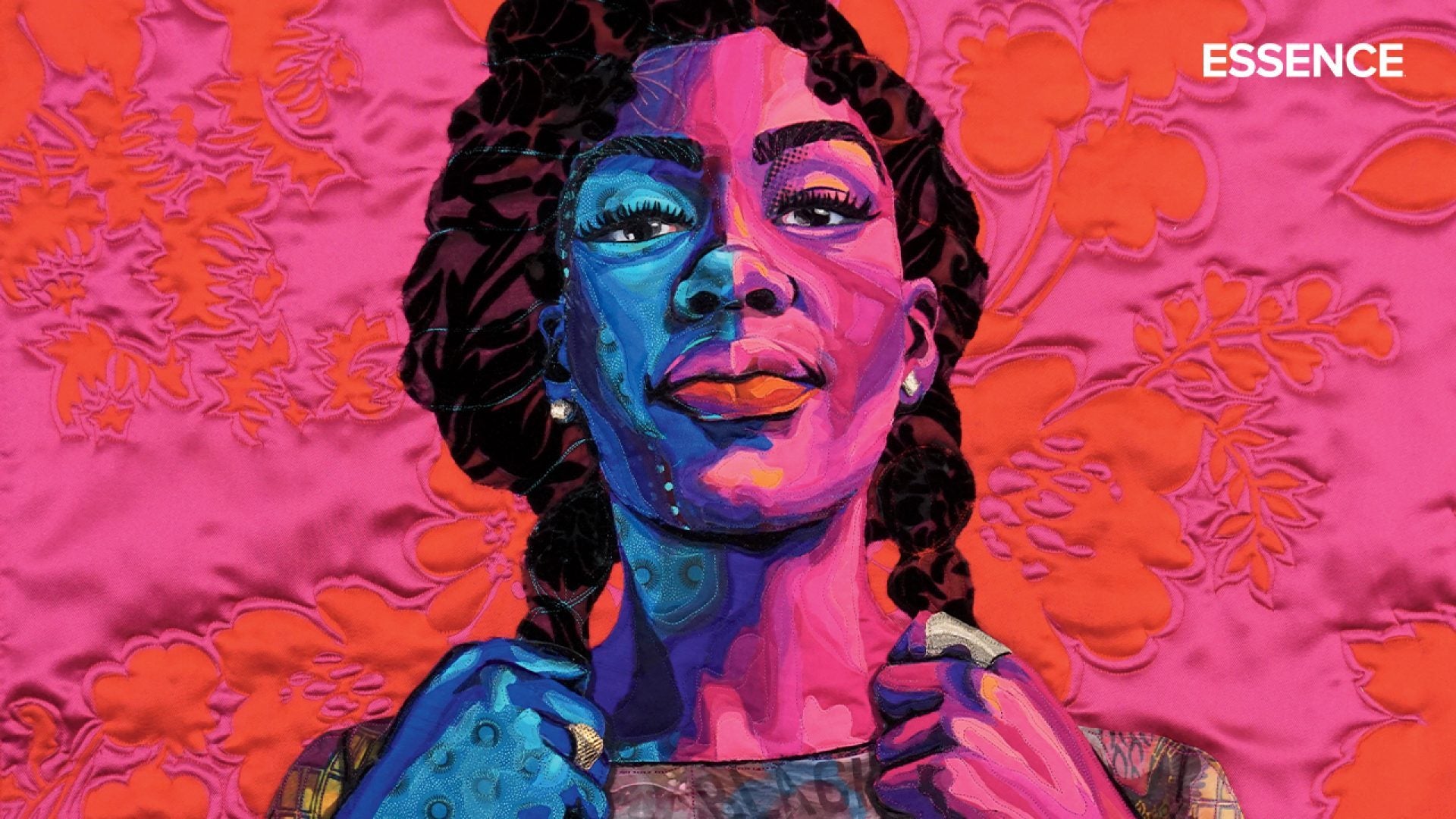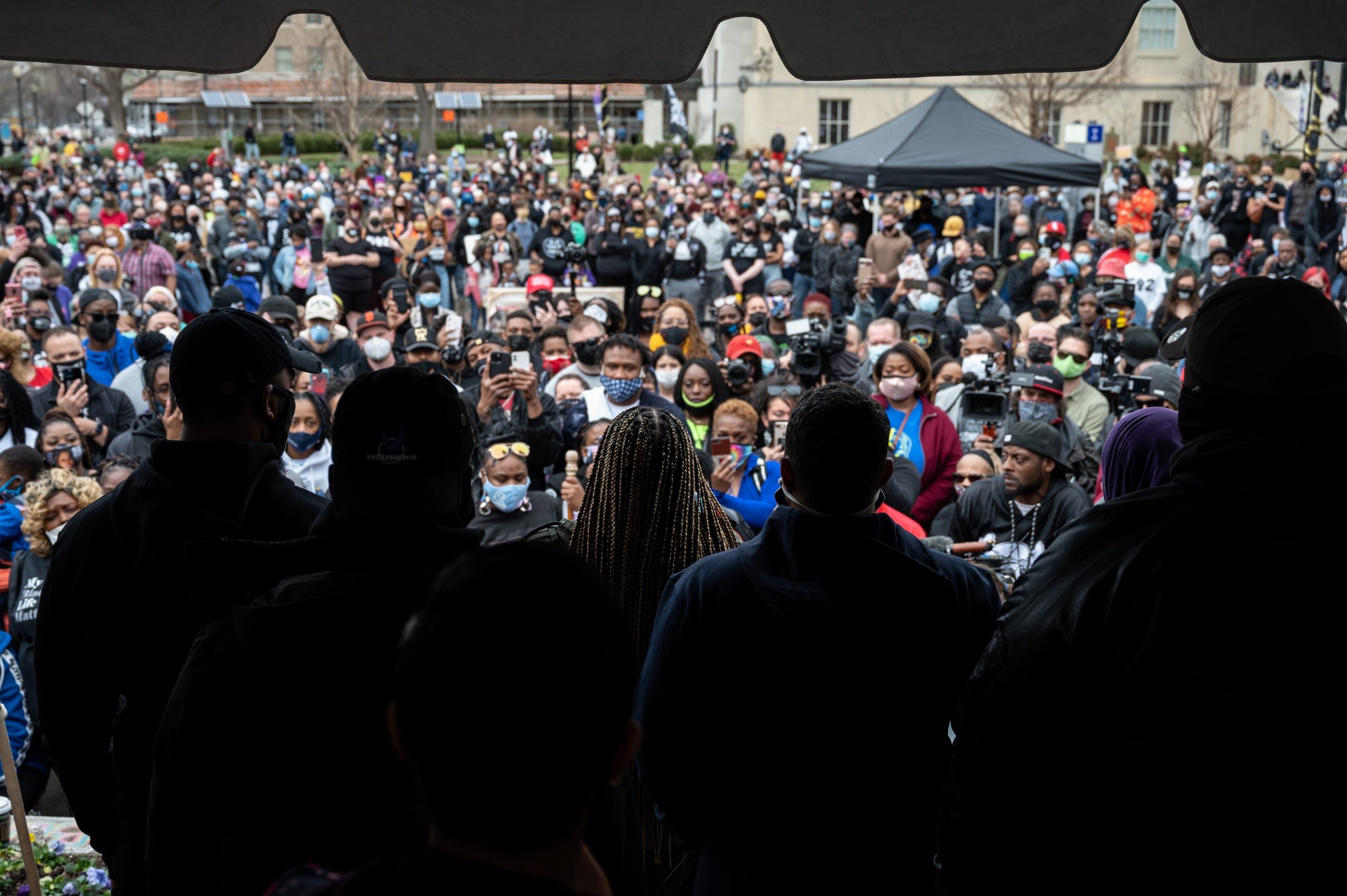
This book excerpt originally appeared in the May/June 2021 issue of ESSENCE magazine, available on newsstands now.
So many people were moved to do something in the wake of the murders of George Floyd and Breonna Taylor. Protesters activated in droves, feeling like enough is enough—but we surpassed the threshold of injustice a long time ago. We have felt the pain of inequality for centuries. We cannot endure any more. Human life should not have to be taken for people to notice and speak up about the way Black communities are targets for racism. When it gets to the point where police officers are using Black people for target practice, we are already late to the fight. The resistance against racial inequity doesn’t start after a trigger has been pulled. It starts with our everyday decisions. It starts at the polls. It starts at the school board meetings, at the city council meetings. It starts in conversations with your friends, with the way you raise your children; it starts with who you select on the ballot.
In 1965, Dr. Martin Luther King, Jr., marched on Selma to bring national attention to the issues faced by citizens in the Jim Crow South when they attempted to involve themselves in politics. The march was inspired by the murder of Jimmie Lee Jackson, a Black man who was beaten and shot by the police for participating in a peaceful voting-rights march. His death was one of many along the road toward suffrage rights. Too often, we are sparked to protest after someone has been murdered. We seek justice for the death but ignore the everyday occurrences that lead to it. Dr. King said it best: “We must be concerned about not merely who murdered him, but about the system, the way of life, the philosophy that produced the murderer.”
We must prosecute the shooters, yes; but we must topple the system that empowers the militarized police force in the first place. Voting helps accomplish that. People were beaten, brutalized, terrorized and murdered for this generation of Black voters to have the right to peacefully engage in politics.
There are millions of Black and Brown voters in this country who didn’t make it a priority to get to the polls. Some didn’t have time; others didn’t think their singular ballot would make a difference; others were afraid of conflict in a tense political and racial climate. None of those is a good excuse, because there is no excuse. People of color, especially Black people, must learn to move within the system, even when we feel like it is rigged against us—because even a rigged system will do what it is designed to do: cause mass destruction if it goes unchecked. We cannot give up when they cheat. Freedom fighters cannot give up when they lie, when they manipulate. We must learn to influence the numbers in concentrated ways—to unify our vote in support of candidates who bring us closer to our goals. Although Stacey Abrams, the Black gubernatorial candidate in Georgia’s 2018 race, lost the state election for governor, she refused to concede the race. She went on record challenging a system that refused voters their rights.
Three years later, we are all indebted to Stacey Abrams and other courageous Black women, like LaTosha Brown of Black Voters Matter, DeJuana Thompson of Woke Vote, and Helen Butler and Mary Pat Hector of the Georgia Coalition for the Peoples’ Agenda—all of whom invested so much to ensure that our voices counted.
Georgia hasn’t been a blue state since 1992. That’s 28 years of tradition in a Southern state, transformed—because activists, celebrities, philanthropists, politicians and everyday people united. Don’t tell me your vote doesn’t count. That is no longer an excuse to recuse yourself from the responsibility that the ancestors tasked you with, Black people. The movement is progressive. We may not get everything we want at one time from one candidate—but if we chip away at the goal, little by little, the small wins will add up.

We don’t need a perfect president, or governor, or school board president, or mayor. We need leaders who align with freedom as closely as possible. We need leaders who respect the power of our votes.
This is a marathon movement, not a sprint. We must pace ourselves for the journey and make things a little better for each generation that comes after us.
Copyright © 2021 by Tamika D. Mallory. From the forthcoming book State of Emergency, by Tamika D. Mallory, to be published by Black Privilege Publishing/Atria Books, a Division of Simon & Schuster, Inc. Printed by permission.